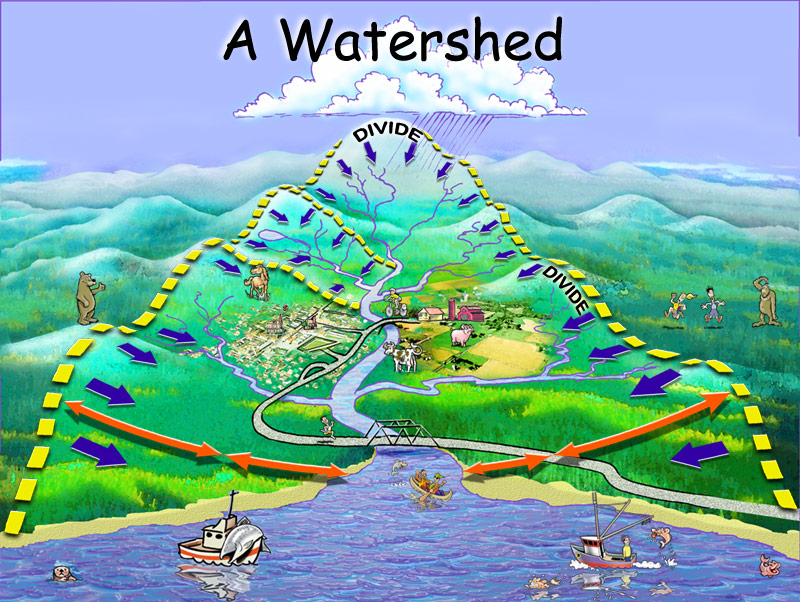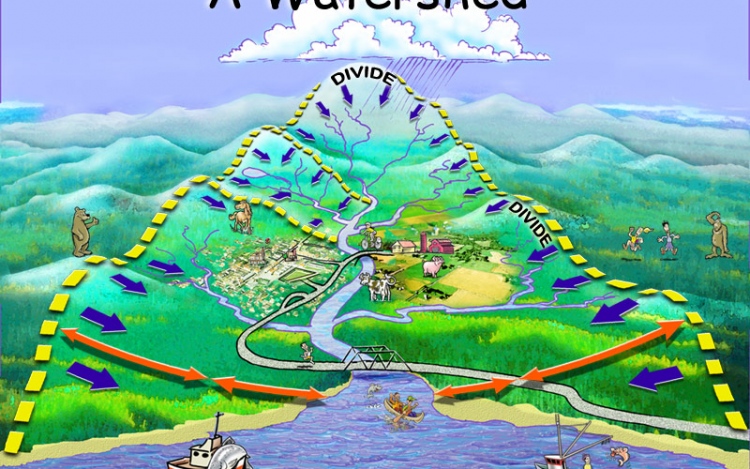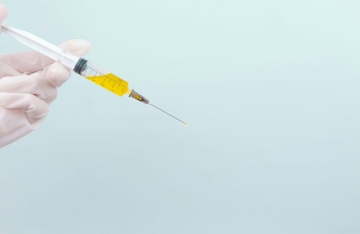Why are Watersheds so important
Everyone lives in a watershed, but what exactly is it and why is it so important to be concerned about them. Watersheds form an ecosystem that provides homes for a wide diversity of plants and animals. Lakes, rivers and watersheds provide humans with extensive benefits and are indispensable to supporting natural life.
What is it
A watershed conservation area of land that draws snow or rainwater into one location, such as a lake, stream or wetland comprises a watershed. They supply our drinking water, water for agriculture and manufacturing and offer opportunities for recreation, for example canoeing or fishing. A habitat for numerous plants and animals, watersheds sustain life, in more than one way. As well as drinking water the whole community is dependent upon a healthy watershed for food, fiber, manufactured goods as well as tourism.

Watershed conservation
Conserving our watersheds means protecting a lake, river or stream by managing the watershed that drains into them. Unfortunately, various forms of pollution, including runoff and erosion can interfere with the health of the watershed. It is important to protect the quality of our watersheds and everyone from the individual, governments and nonprofit agencies can do their part. The earth is covered in 70% in water and unfortunately some of the water is impaired or threatened. Leading causes of pollution in our waterways are sediments, bacteria (such as Ecoli) and excess nutrients like Nitrogen and Phosphorous. Erosion, runoff of animal waste and overflowing of combined sewers are just a few ways these pollutants can reach our waterways.
How can you do your part
Each person can do their part for example, take shorter showers, turn off taps when not in use when brushing your teeth. Fix any leaks in your home, dripping taps can account for an unseen way to conserve our water supply. In the garden, plant hardy plants that require little or no watering, fertilizers or pesticides throughout your yard. Consider installing a rain barrel and use collected water for irrigation, install a drip system or a watering system on a timer. Don’t over apply fertilizers or consider organic or slow release ones instead. Don’t pour toxic chemicals down the drain, instead dispose of them at a hazardous waste center. This article lists some ways to participate in preserving our precious watersheds and how they impact our lives.




